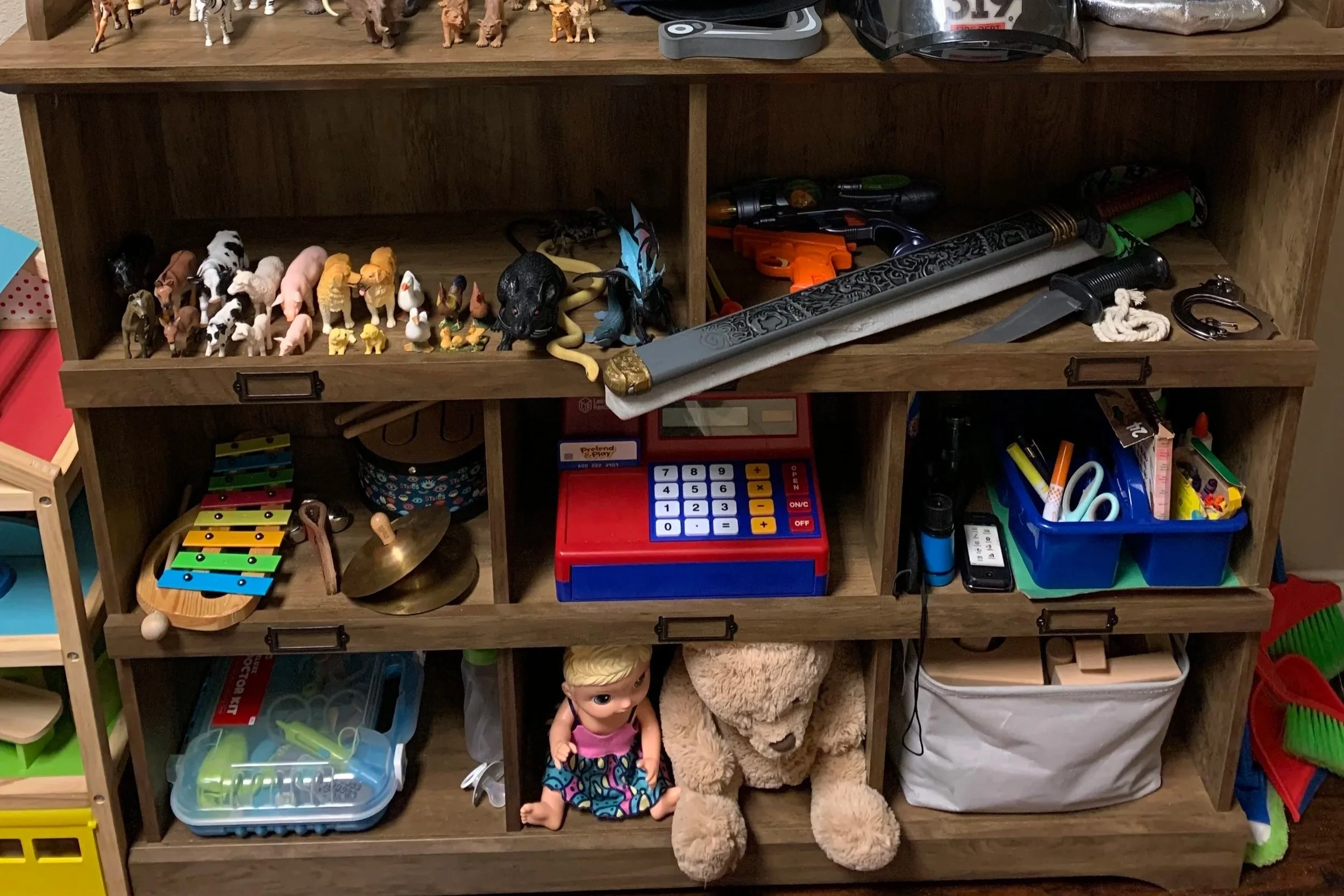If you’ve ever asked your child what’s wrong and been met with a shrug, silence, or a frustrated “I don’t know,” you’re not alone.
Beyond Puppy Love: Recognizing and Preventing Teen Dating Violence
Why Play Therapy?
There is a different kind of quiet that exists in a play therapy waiting room. It’s often filled with a mix of emotions: a little bit of hope, a dash of exhaustion, and, if we’re being honest, a heavy dose of "parent guilt." You might be sitting there scrolling through your phone, wondering, “How did we get here?” or “Is she really getting anything out of just playing with blocks?”
The Parent’s Pivot: Learning to Love Your Adult Children Well
Steps of an Authentic Apology
A real apology is more than saying “I’m sorry.” In healthy relationships, meaningful repair requires clear responsibility, empathy for the other person’s experience, and a genuine commitment to change. Learning how to apologize well can strengthen trust, reduce recurring conflict, and support emotional safety in couples and families. This guide breaks down what an authentic apology looks like — and how it can transform the way you navigate conflict and repair in your relationships.
Walk-and-Talk Therapy
Stuck in a rut? Sometimes the best way to move forward mentally is to start moving physically. Explore how Walk-and-Talk therapy at Harvest Counseling & Wellness breaks the 'four-walls' barrier, combining the science of movement with traditional psychotherapy to help you process trauma, anxiety, and depression in a whole new light.
The 2026 North Texas Mental Health Roadmap: Finding Support in Argyle, Denton, and Beyond
Navigating the complexities of mental health can feel like driving I-35W during rush hour—overwhelming, congested, and occasionally directionless. Whether you are a student at UNT or TWU, a parent in Argyle, or a professional in Denton managing burnout, finding the right local resources is the first step toward healing.
Living on Edge: Anxiety Therapy Near Me in Dallas
Living with anxiety often means constant tension, overthinking, and difficulty relaxing even when life appears stable. Anxiety therapy helps address the patterns that keep worry in control, offering practical tools and emotional support for individuals seeking anxiety counseling near Dallas and throughout the DFW area.
How Growing Up in Chaos Shapes Adult Stress Responses
Stress doesn’t always show up the way we expect. Sometimes it looks like snapping over small things. Other times it shows up as exhaustion, shutdown, people-pleasing, or a constant feeling of being on edge. Many adults carry stress reactions that feel confusing or disproportionate to what’s happening in the moment.
Searching for Therapy for Moms Near Me? You’re Not Alone
If you’ve found yourself searching for therapy for moms near me, there’s a good chance you’re carrying more than most people can see. Maybe you’re functioning on the outside—getting kids where they need to go, keeping up with responsibilities, showing up for everyone else—but inside you feel worn down, anxious, disconnected, or just not like yourself anymore.
Why Neurofeedback is a Game-Changer for ADHD at Harvest Counseling & Wellness
Spotting OCD in Kids and Teens
Obsessive-Compulsive Disorder (OCD) in kids and teens is often misunderstood and frequently missed. Many parents expect OCD to look like constant handwashing or visible rituals. In reality, OCD in young people can be subtle, internal, and easy to confuse with perfectionism, anxiety, or even typical childhood habits.
Perfectionism or OCD? Understanding the Difference
Is this just perfectionism, or could this be OCD? Perfectionism and obsessive-compulsive patterns can look similar on the surface, especially when behaviors are internal rather than visible. Understanding the difference isn’t about labeling yourself—it’s about understanding what’s driving your distress and what kind of support might actually help.





















